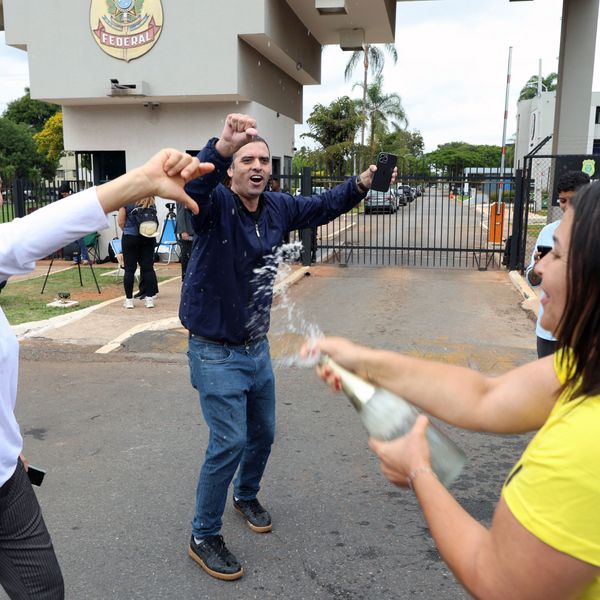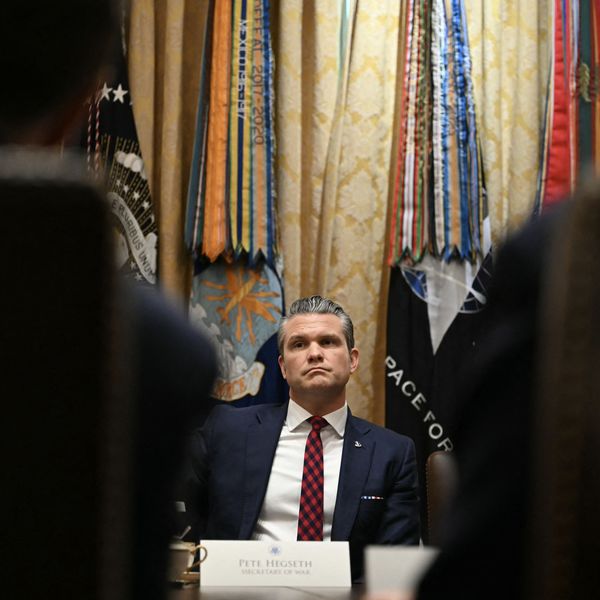Some press reports on the crisis in Brazil seem to imply that the removal of President Dilma Rousseff, re-elected in 2014 for a four-year term, is a done deal. Of course the interim government is acting as though they are the product of some huge electoral victory, even though the elected president is merely suspended pending her upcoming impeachment trial in the Senate. Beginning with a cabinet of all rich, white males, in a country where more than half identify as Afro-Brazilian or mixed race descent, they have tried to create the impression that they are the new government that will rule at least until there are new presidential elections in 2018. But the chances that they will be gone before September are increasing every day.
First there were the series of scandals, which have so far resulted in the resignation of three ministers, and revealed that the main impetus behind the impeachment of Dilma was to protect corrupt, pro-impeachment politicians from further investigation. Then last week the speaker of Brazil's House of Representatives had to resign from his position because of corruption that reportedly netted him more than $40 million, including millions in Swiss bank accounts. (He has not resigned from his seat in Congress, despite an order from the Supreme Court to do so in order to stand trial. Members of Congress have immunity from normal prosecution and can only be tried by the Supreme Court; this is one of the unfortunate structural reasons why a majority of legislators are under investigation for a range of crimes).
But the most encouraging, and widely underreported development has been the formation of a bloc within the Senate that is against the impeachment. The Senate vote on May 12 suspended the president, and she is expected to be put on trial in mid-August. In order to permanently remove her from office, the Senate will have to vote for conviction by a two-thirds majority. That means the pro-impeachment forces will need 54 of the 81 senators.
But according to one of Brazil's most well-known and respected journalists, Paulo Henrique Amorim, there is now a bloc of 36 Senators who have committed to vote against impeachment, with some of the Senators making this conditional on a referendum to decide whether to have early presidential elections. Some supporters of Dilma and her Workers' Party (PT) are against this proviso, since Dilma was elected for a four year term and they think that she should serve it out without further interruption, as according to the constitution. However, Dilma herself is willing to accept the referendum. This group of 36 Senators (G-36) is 8 more than enough to defeat the impeachment effort.
Although Brazil is not getting a lot of international attention at the moment, that will change when the Rio Olympics begin on August 5. The machinations of the pro-impeachment forces, and their corruption, will not look pretty under the spotlight of the international media. It is quite possible that the G-36 will grow, and solidify, and the Senate will vote to acquit Dilma. This would only make sense, since she is not accused of any crime that could be successfully prosecuted in a court of law.


